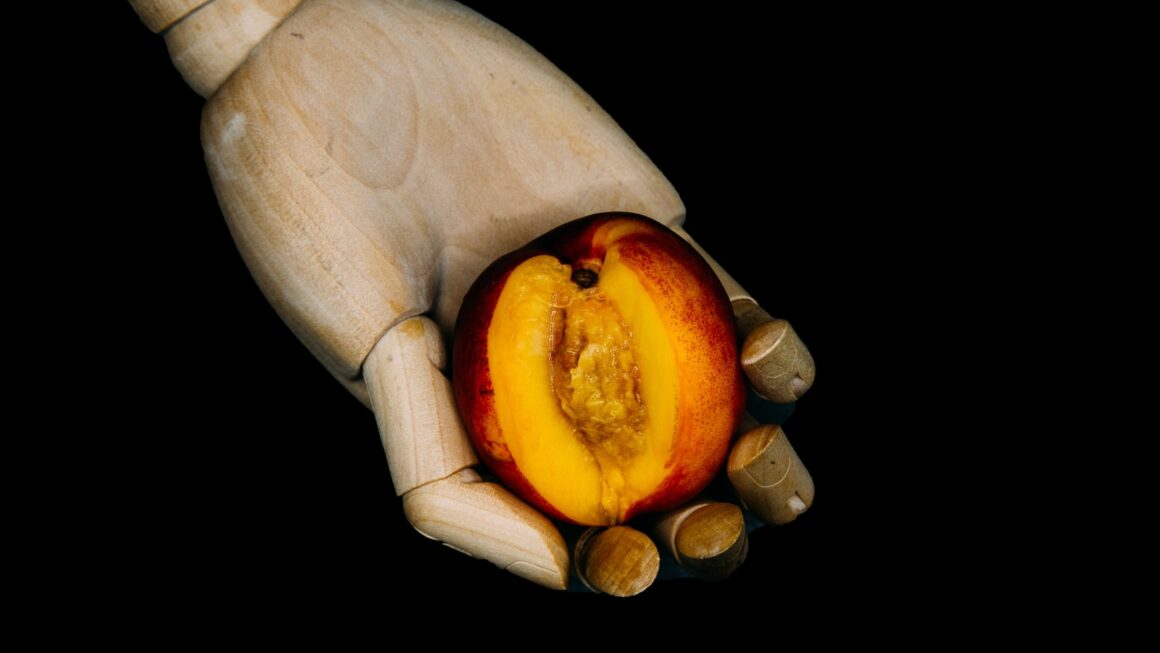Women have a higher concentration of sweat glands in their groin area called apocrine glands, similar to those found in armpits. When these sweat glands produce an odor, it may smell like skunk or body odor. A brief change in groin odor is normal and nothing to worry about.
However, if it becomes a regular occurrence, you should talk to your doctor. A doctor can recommend products that will keep the groin fresh and odor-free.
The Apocrine Glands
The sweat glands on the crotch (and armpits, but let’s not talk about those) are different than those on most other parts of the body. Those that exist on the vulva are called apocrine glands, and they produce a type of sweat that can have an odor when it mixes with bacteria on your skin – This information is credited to the website’s author Enchanting Euphoria.
That’s why it’s not just your genitals that smell, but the whole area surrounding it—including the anus and labia majora. The apocrine glands that live around the groin and anus produce a thicker, oilier sweat than the eccrine glands found elsewhere on the body. They’re also the ones responsible for generating body odor, as their excretions are converted by skin bacteria into various chemicals we associate with bad body odor.
A certain amount of odor down there is normal for all women, and it can change throughout a woman’s menstrual cycle and during exercise or sexual activity as pH levels shift. However, if the odor becomes more intense or is accompanied by itching or burning, it’s time to see a doctor.
Also, be sure to wash your vulva with gentle products; using harsh soaps can throw off the balance of bacteria and make things smell worse. Try products like Cetaphil’s Deep Cleansing Bar, Vanicream Gentle Cleanser or Dove Sensitive Skin Beauty Bar.
Poor Hygiene
A lack of proper washing and not wearing clean undergarments can lead to unpleasant vaginal odor. A forgotten tampon, for example, can cause bacterial growth that leads to itching and smelly discharge. This is why it’s important to always wear absorbent cotton or sweat-wicking underwear during the day.
In addition, shaving your pubic hair or waxing can help reduce the odor as it traps less bacteria than your natural hair. It is also important to wash and moisturize your crotch area regularly as this can help keep it healthy.
If your odor is strong and persistent it may be a sign of an infection or a medical issue. A health professional can provide you with antibiotics or other treatment to address the underlying issue.
All women have a unique scent, which can vary throughout the menstrual cycle, after intercourse and for a variety of other reasons. But a strong, unpleasant, fishy odor isn’t normal and could indicate a serious health issue. If your odor is persistent or smells like BO, contact your doctor for evaluation and treatment options.
Excessive Sweating
Most of the body has eccrine sweat glands that produce watery, clear sweat. The super hairy areas—like the head, armpits and crotch—have apocrine glands that produce a thicker, stickier sweat that can smell when mixed with bacteria. This is why your crotch often stinks after a sweaty workout, on a humid day or when you’re sitting in a hot car.
Typically, a little vaginal odor is normal and healthy. In fact, the odor can actually help protect the vulva against pathogens like yeast and parasites, says Dr. Suzanne Friedler, a New York City dermatologist. But if the odor is persistent and unpleasant, it may indicate an infection.
Eliminating the odor usually starts with figuring out what’s causing it. For example, excessive sweating can cause a change in the vulva’s natural pH balance, which can lead to an odor. Try bathing twice a day with a non-deodorizing soap (the talc in antiperspirants can be dangerous for the vulva) and wearing breathable clothes. Don’t use panty liners or pads unless you really need them—they trap moisture against the skin. Consider removing pubic hair to reduce friction and wick away sweat. Wear loose pajama bottoms at night and skip douching, unless it’s done under the guidance of a health care provider. Finally, avoid over-the-counter deodorants for the vulva, which can irritate the sensitive area.
Food
All healthy women have a distinct smell to their vulva, and it can vary depending on your menstrual cycle, hormones, vaginal flora and more. However, if the scent is off or the discharge is unusual, it could indicate a health problem like infection, according to ACOG.
Certain foods can make your vulva or bikini area smell differently, such as onions and garlic. These odors get released when sweat glands in the genital area produce perspiration. Some women also report that eating pineapple or citrus fruits makes their vulva smell sweeter. However, these are anecdotal reports and not scientific evidence. It is important to note that the odor of your vulva may change throughout the day, so it’s best to wear loose, cotton underwear and avoid tight-fitting clothing, which can trap moisture in the groin area and cause odor.
A coppery or metallic smell is normal, and it typically occurs when you’re bleeding, either from your period or sex. This type of odor is caused by blood entering the vagina and is not dangerous, but it can be uncomfortable.
Other reasons a vulva might smell off include a yeast infection or bacterial overgrowth in the vagina, and these require treatment from your gynecologist. It’s also important to avoid douching, as it can upset the pH balance of the vulva and lead to odor, says Dr. Wider.



